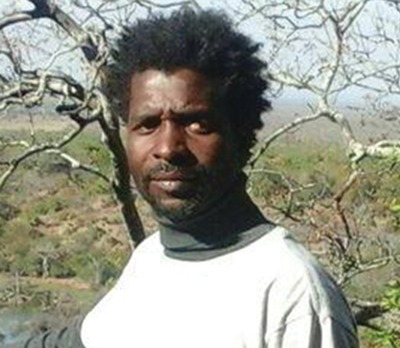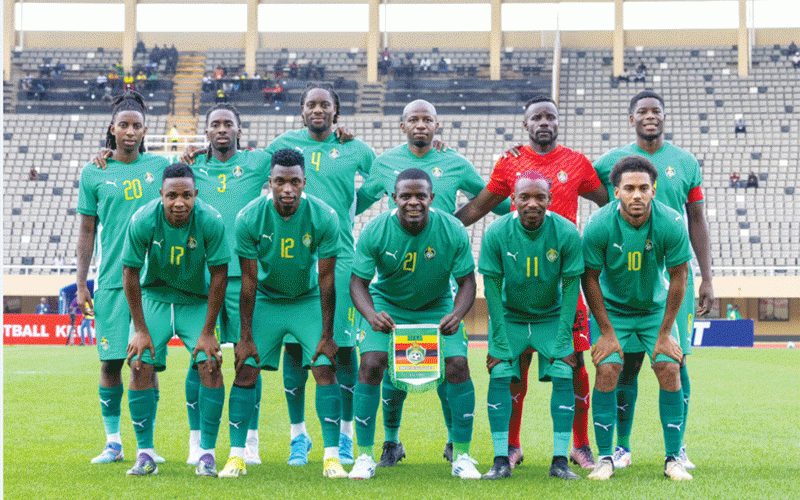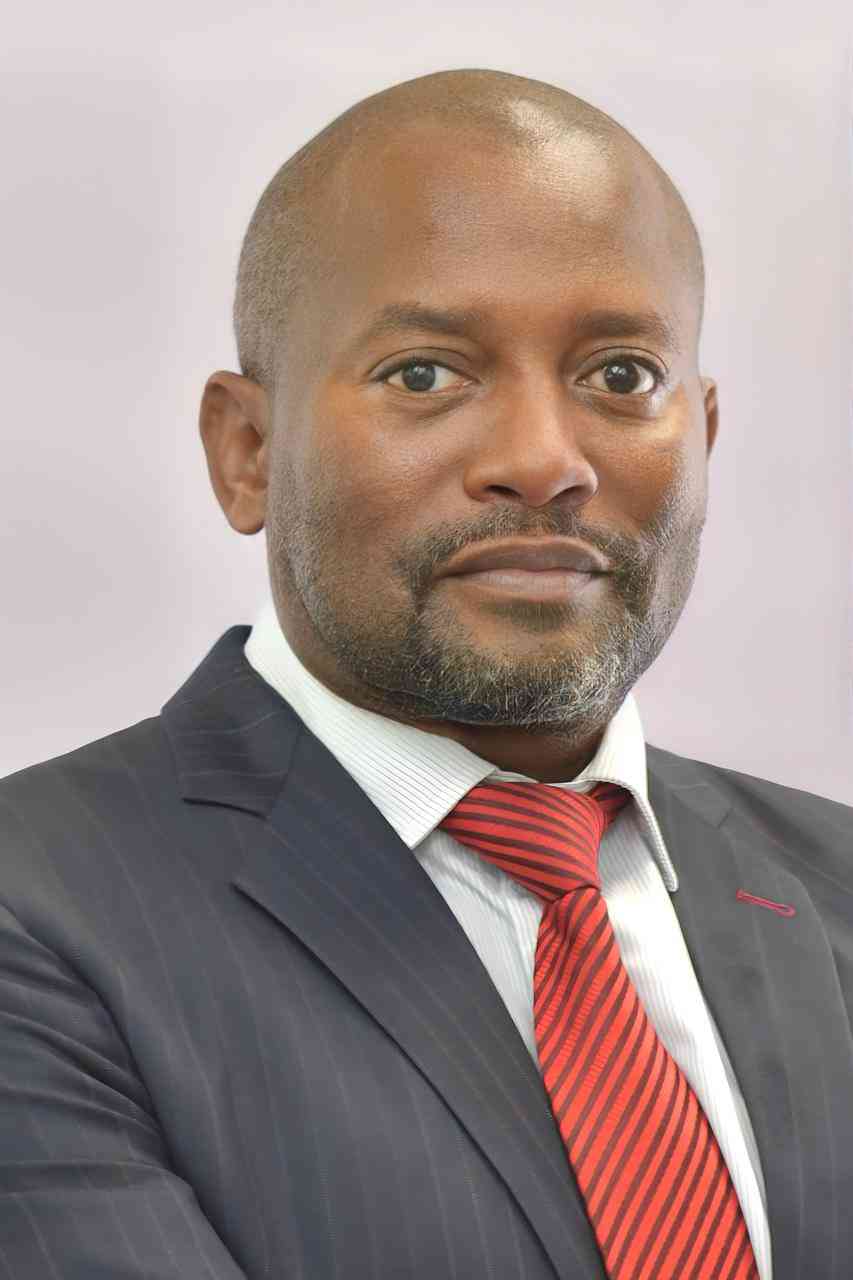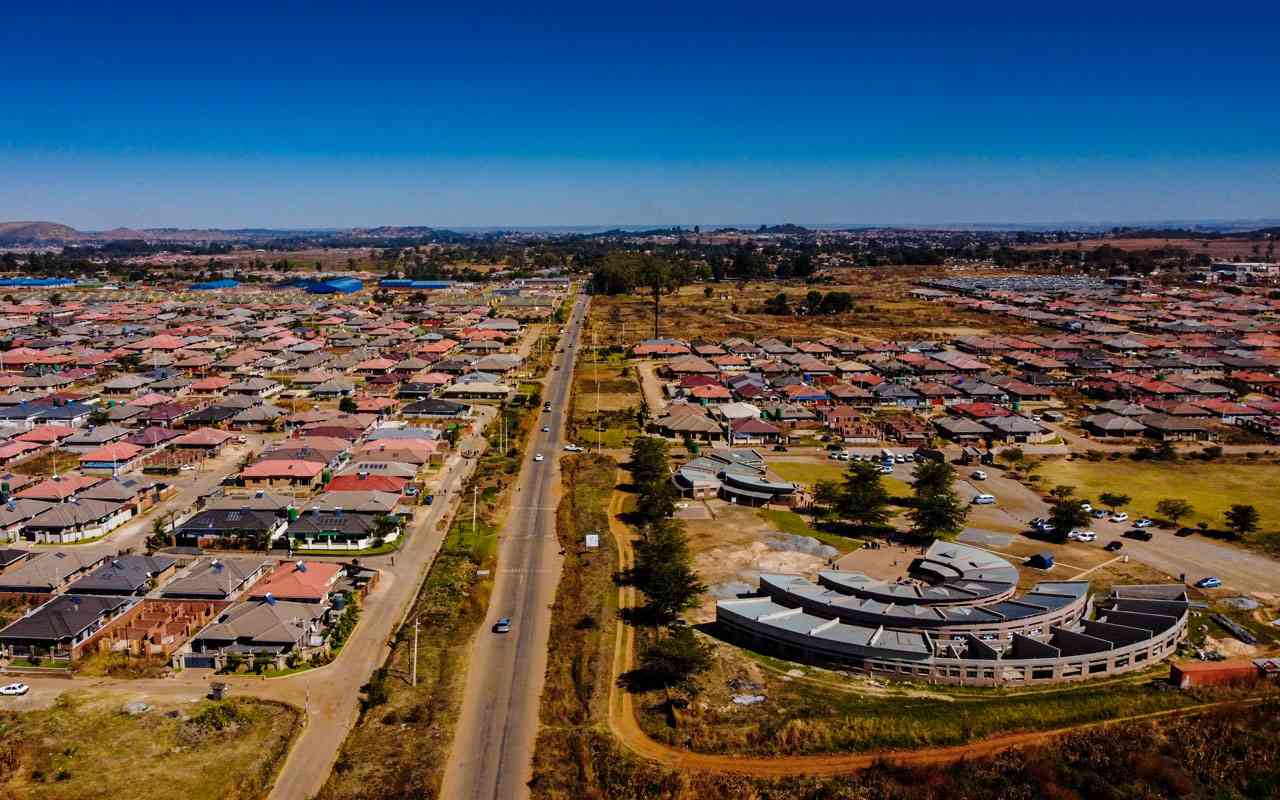
WALKING into Mbare any other day is a nightmare for someone from outside Harare’s oldest suburb. It is a hive of activity from dawn to late at night. Vending, vehicle repairs, weilding, carpentry, backdoor liquid cleaning toiletries and even recording studios are all found in the neighbourhood.
The matchbox houses are on small yards with streets streaming with raw effluent, mounts of decaying uncollected garbage and dry taps for six days a week.There is no running water on the taps.
This is for the lucky ones, for the less fortunate they stay in dilapidated single-room flats with communal toilets and showers. To make matters worse, the sewage reticulation system is broken down and most of the windows are broken and covered by plastic or cardboard boxes.
Many of the residents in the suburb work in the informal sector — Siyaso market, vegetable market, Mbare bus terminus and Mupedzanhamo Flea Market — crowded and poorly ventilated areas where respiratory diseases can transmit faster than a warning scream.
The situation in Mbare is similar to other old high-density suburbs like Sakubva in Mutare, Makokoba in Bulawayo or parts of Rimuka in Kadoma. The situation is dire and it seems it will be on that trajectory for some time into the future. And enter coronavirus
It is conceivable that if the coronavirus affects anyone in these suburbs it will spread like a wildfire just like the misfortune Zimbabwe had a decade ago with cholera. The poor will carry the can like always and most will be reduced to a statistic, some number like the ignominy of a prisoner.
This brings us to the question of Zimbabwe with its privatised health system or where public health facilities exist the fees are beyond the reach of the majority poor. Public health institutions are dilapidated, barely have basic medicines and are staffed by nurses and doctors who have a physical presence but mentally they are not there due to poor remuneration and working conditions.
Neoliberalism as espoused by Treasury boss Mthuli Ncube in the President Emmerson Mnagagwa administration may attract some sympathy from the nouveau riche and the parasitic political elites during the good times, it, however, is exposed during disasters like the coronavirus pandemic. The rich cannot hide, they breathe the same air as the poor, work with the poor either as subordinates or house help. The danger is always lurking in the shadows.
- Chamisa under fire over US$120K donation
- Mavhunga puts DeMbare into Chibuku quarterfinals
- Pension funds bet on Cabora Bassa oilfields
- Councils defy govt fire tender directive
Keep Reading
It is interesting that in the middle of the coronavirus epidemic socialist Cuba has remained largely unscathed compared to neoliberal countries like the United States, the United Kingdom, Italy and France.
Remaining with a safe population is not an act of faith or some devine intervention, but a deliberate policy decision by Cuban leaders in the last 50 years. Cuban leaders deliberately decided that health and education should never be privatised — it should remain a public good.
Spain, the second coronavirus worst hit country in Western Europe this week took the unprecedented decision to nationalise all its private health facilities as it fights the virus that has devastated its population and economy.
This could be further proof that nationalised health services work better and keep citizens safe. The British have a national health Service and they are faring better, unfortunately the United States under Donald Trump has dismantled the Obamacare that had brought relief to millions of the uninsured people who could get decent medical treatment.
Intellectual Takura Zhangazha waded into the public/private healthcare debate in his blog earlier this week after Chinese billionaire and online shopping giant Alibaba founder Jack Ma donated money and medical consumables to Africa to help fight the coronavirus. He argued that public health systems should remain a priority.
“There shall be after effects that are wide ranging from COVID-19. A lot of us would be well aware of that. One that is most certain, from an African perspective is that we need to get our public health service fully back on track. For the many not the few. With or without Jack Ma of Alibaba,” Zhangazha wrote.
Perhaps the coronavirus epidemic will give Zimbabweans an opportunity to discuss the advantages of a public health system, funded from the national fiscus and creating a safer environment for everyone – including the rich and political elites. We can also use this chance — as grave as the situation is — to discuss and debate social housing and provision of water to citizens. Can the current privatisation of services be sustained or we need to immediately and robustly debate these in a manner likely to bring a welfarist approach to our economic policies?
Sometimes disasters make us think differently – if not they actually reinforce the shock doctrine and the rise of disaster capitalism notion as argued by Naomi Klein in her book of the same title.
Paidamoyo Muzulu is a journalist and writes here in his personal capacity.











